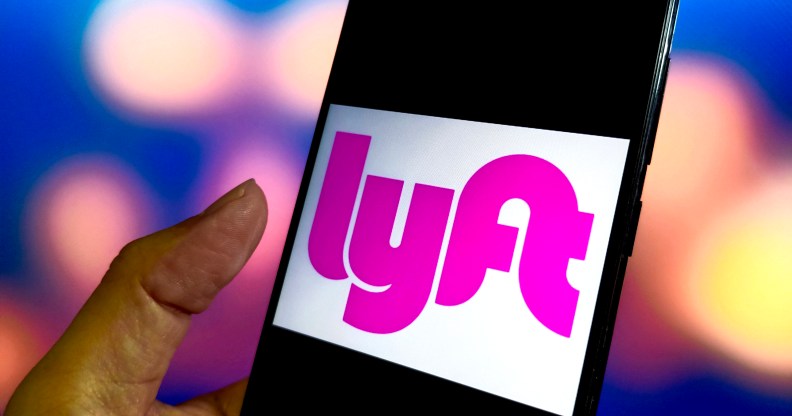Lyft expands safety feature to pair women and non-binary riders and drivers

Lyft has expanded its inclusive safety tool. (Getty)
Lyft has expanded a safety feature to pair women and non-binary riders and drivers.
The ride-share app has pledged to protect women and non-binary passengers, as the app announced on 13 February its Women+ Connect safety tool is expanding to more users across the US.
The opt-in setting means that the app prioritises matches with women and non-binary drivers so that passengers can feel more comfortable and safer when travelling.
Lyft first launched the gender-inclusive safety preference in September 2023 for users in Chicago, Illinois, Phoenix, Arizona, San Diego, San Francisco and San Jose, California.
But now, Lyft users in New York City, New York, Los Angeles, California, Washington D.C, Miami, Florida, Las Vegas, Nevada, and Dallas, Texas, can make use of the feature.
Since it was initially launched, over 7 million eligible riders have turned on the feature, according to the app. Over half of eligible women and non-binary drivers have opted into the feature, too.
The setting was designed alongside the sexual assault prevention campaign It’s On Us, the National Association of Women Law Enforcement Executives (NAWLEE) and the National Sheriff’s Association Traffic Safety Committee.
“Lyft is rolling out an inclusive product at a time when so many companies are shying away from explicit inclusion of transgender and nonbinary people,” said Jay Brown, chief of staff for the Human Rights Campaign, when Women+ Connect was released.
“Women+ Connect was built with intentionality to make rideshare better for women and nonbinary riders. When rideshare is better for these folks, it’s better for everyone, and we at HRC stand behind that.”
The campaign comes five years after a study found that LGBTQ+ people routinely faced discrimination from Uber and Lyft drivers who cancel their journeys almost twice as frequently as straight passengers.
The study When Transparency Fails: Bias and Financial Incentives in Ridesharing Platforms revealed that LGBTQ+ people and Black people were the most likely groups to be cancelled on by drivers.
In a study of 3,200 journeys, they determined that the LGBTQ+ or ally “customers” were cancelled on almost twice as much as those who didn’t identify as such.

